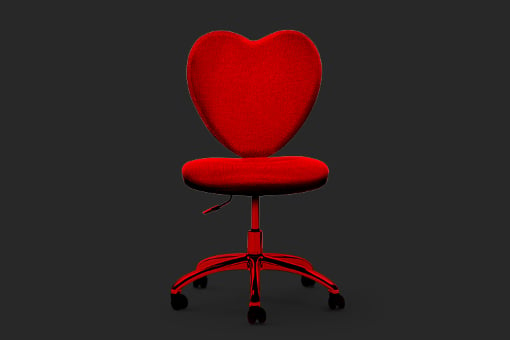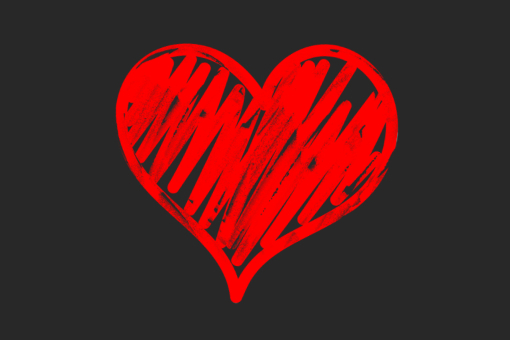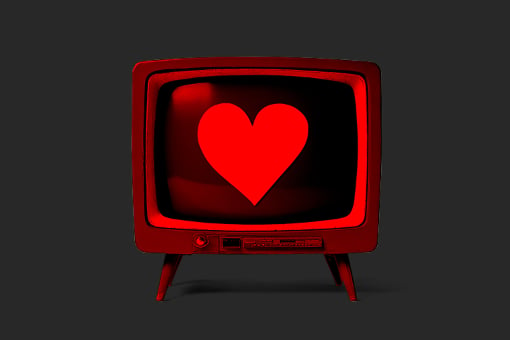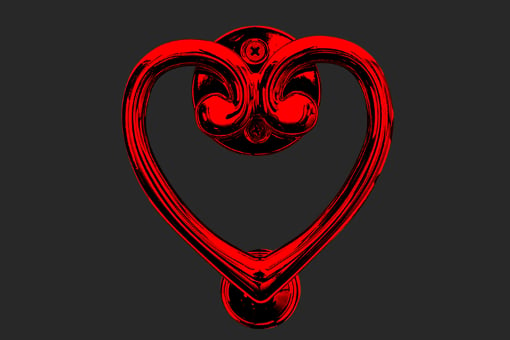
Broker
At Hiscox, we are committed to supporting you with expert guidance and tailored risk protection for your clients. We work with you to gain a deep understanding of your clients’ needs, allowing us to create insurance solutions crafted to your clients’ business or sector.
What we cover

![Red line]()
Private Client Insurance
Hiscox is one of the UK's leading insurers specialising in insuring your high net worth clients' higher-value homes and possessions. We have strong expertise in cover for fine art, jewellery and collections.
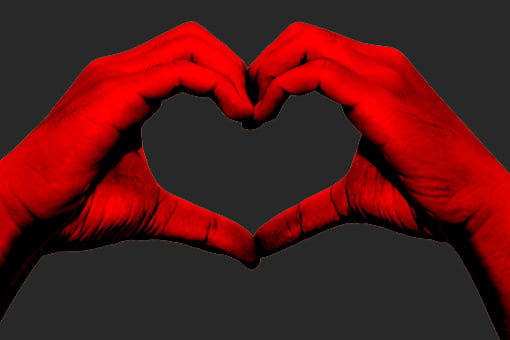
![Red line]()
Commercial Insurance
Whether your client requires commercial cover for small, medium or large businesses, Hiscox can help. With in-depth knowledge across many commercial sectors, our experts design specialist products for specific business risks in a range of industries.

![Red line]()
Schemes
Hiscox provides scheme and delegated authority arrangements for brokers and MGAs that have identified a group of clients with specialist insurance needs.
Our Sector Specialisms
At Hiscox, we deeply understand the complexities of our specialist sectors and design our protection accordingly. This enables us to help you unlock new opportunities and strengthen your existing client relationships. We offer a wide range of covers, where relevant to the specialist sector, including Professional Indemnity, Cyber, Property & Casualty, Employer's Liability, Management Liabilities and Public Liability.
Commercial products
Professional Indemnity
Cyber & Data
Property & Casualty
Management Liability Portfolio
FinTech Portfolio
Personal Accident
Influencer & Public Figure Protection
Personal products
606 Home Insurance
Renovation & extension
Personal cyber
Annual travel extension
Motor
Overseas home
Fine art
Why choose Hiscox?
1
Award-winning insurer We’ve been proud winners of the Feefo Platinum Service Award for consecutive years.
2
Our claims service reputation We’re extremely proud of our exceptional claims service, consistently achieving a Net Promotor Score of +77 (as of 31 March 2025), which means our customers are highly likely to recommend us.
3
A specialist insurer
We support you with specialist underwriting, a deep understanding of our chosen sectors, underpinned by our award winning brand.
Broker Help and Support
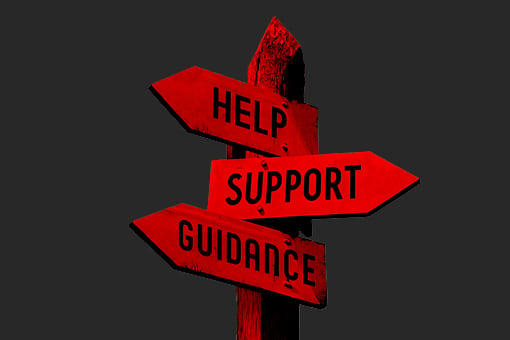
![Red line]()
Supporting Vulnerable Customers
Find out how we can help you ensure your clients receive fair treatment and support regardless of their situation.
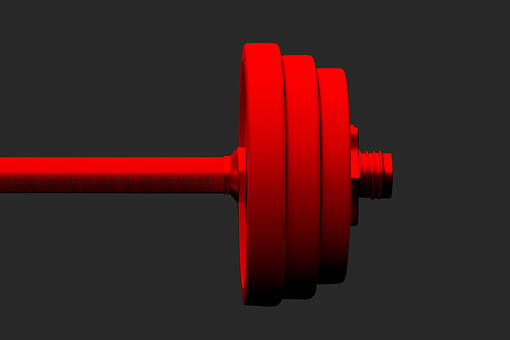
![Red line]()
Consumer Duty
We're here to help with the heavy lifting, discover everything you need to know about the FCA’s Consumer Duty.
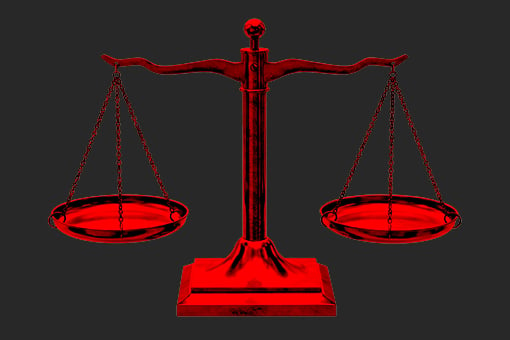
![Red line]()
Product Oversight & Fair Value Information
Read about our commitment to providing insurance products that will help to secure good outcomes for your clients.
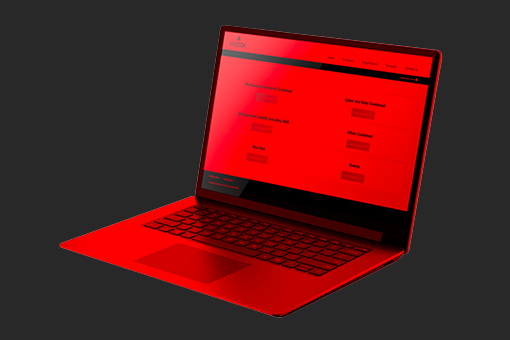
![Red line]()
Hiscox Extranet
Hiscox Extranet is fully integrated with the Acturis system, so you can digitally trade with us across a range of commercial and high net worth, art & collections products.
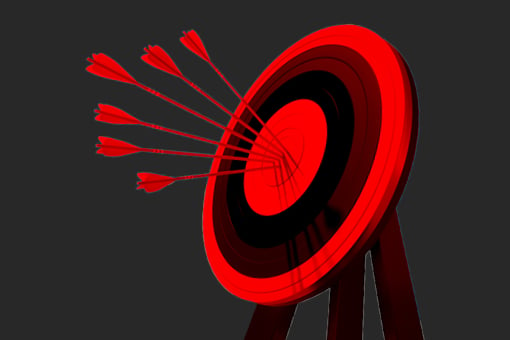
![Red line]()
Appetite Guides
Here you will find one-page guides to our appetite across our commercial and private client product lines.
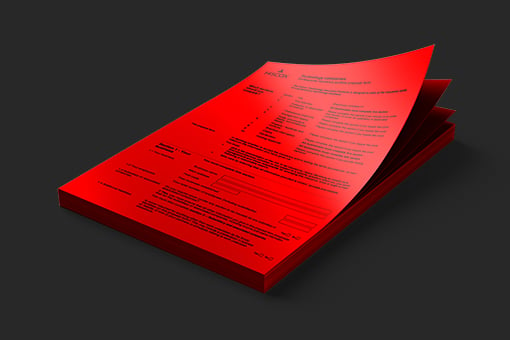
![Red line]()
Proposal Forms
Discover the proposal forms you need to get your clients covered with Hiscox.

